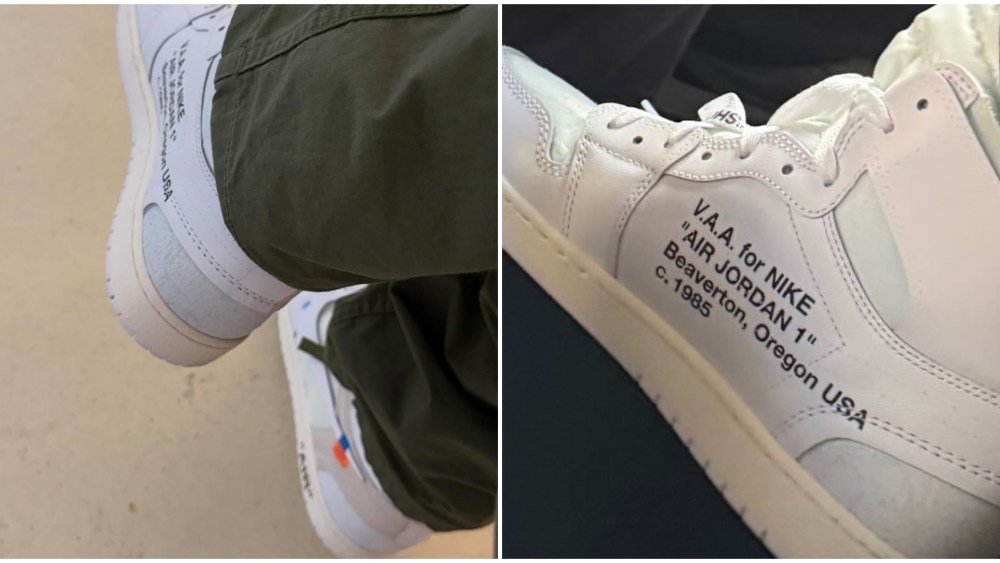
LONDON — British luxury exports to the E.U. were on average 43 percent lower than they would have been without Brexit, said Walpole Monday in a fresh analysis on the impact of Brexit on the U.K. luxury sector ahead of a UK-EU summit in London.
The effect has been particularly pronounced in fashion and accessories, down 64 percent, and interior design, home and craftsmanship, down 50 percent, said the report conducted by Frontier Economics on behalf of the not-for-profit organization.
This is billed as the first comprehensive analysis of Brexit’s impact on the luxury sector, which supports over 450,000 jobs and contributes 14.6 billion pounds to the treasury, according to Walpole.
The report calls on the British government to address trade barriers with the European Union, such as delays in exports, the varying application of rules between EU member states and between ports of entry, challenges with refunds and VAT reclamation, and sending product samples to journalists and influencers in time.
The report said several British luxury brands have established fulfillment centers and commercial entities within the EU to mitigate these issues, and this inherently diverted investment that could otherwise have supported U.K. growth.
Helen Brocklebank, chief executive officer of Walpole, said the British luxury sector has growth potential, with a projection to reach 125 billion pounds by 2028.
“To achieve this ambition, we cannot afford to have one arm tied behind our backs. Strong links and favorable trading with Europe remain essential to reaching this forecast, alongside our success in other global markets, and key to supporting craft-led and high-value manufacturing in the U.K.,” Brocklebank said.
The report showed that while the proportion of EU exports as a share of overall luxury exports has declined from 42 percent in 2017 to 32 percent in 2022, the EU remains the U.K. luxury sector’s largest export market, ahead of the U.S. and Asia, both at 22 percent, and the Gulf region at 14 percent.
Among the actions Walpole recommended that the British government consider were joining the Pan-Euro-Mediterranean Convention on Rules of Origin to support automotive and textile exports, introducing a new digital labeling plan to reduce complexity and negotiating improved VAT cooperation with the EU.
It also advocated for a U.K.-EU Sanitary and Phytosanitary agreement to bring together freight and courier companies to deliver a consistent approach to trade rules, to launch a consumer confidence campaign in the EU to reassure customers it is easy to buy from the U.K., to launch a Youth Mobility Scheme with the EU, and to undertake a wide-ranging review of U.K. competitiveness.
Walpole has more than 250 members spanning the fashion, automotive, hospitality and design industries.
Walpole said its members, which include Burberry, Alexander McQueen, Fortnum & Mason, and Rolls-Royce, collectively contribute 81 billion pounds annually to the U.K. economy.
The organization also offers a Brands of Tomorrow program that supports start-ups, and has issued the British Luxury Sustainability Manifesto, “ensuring the U.K. remains a leader in both excellence, and responsible practices.”
#British #Luxury #Exports #Percent #Due #Brexit #Walpole






